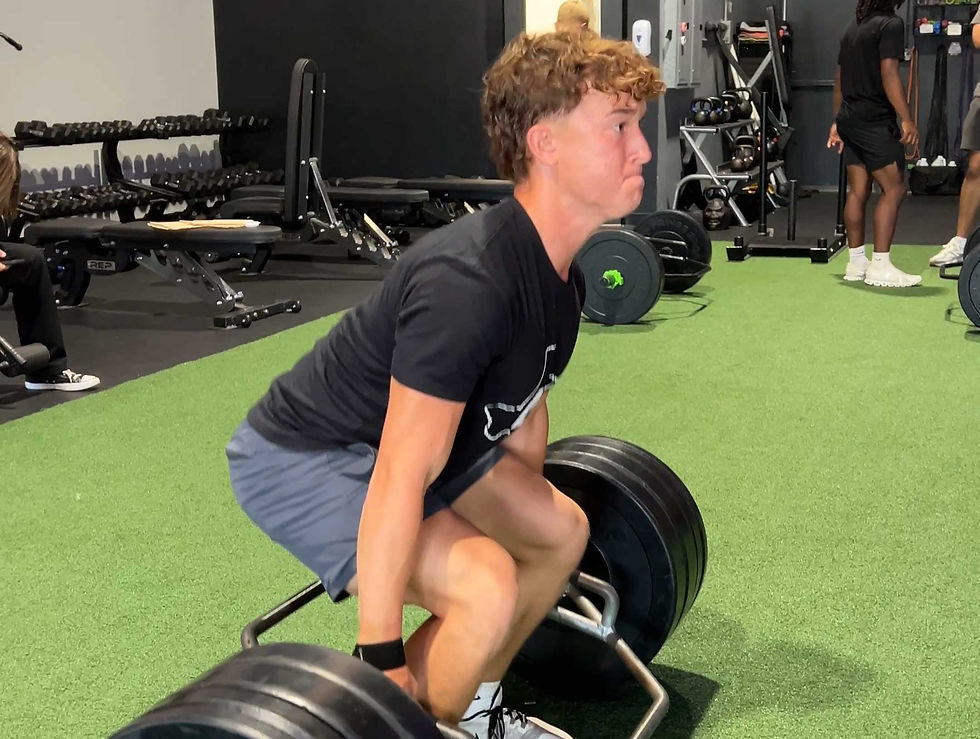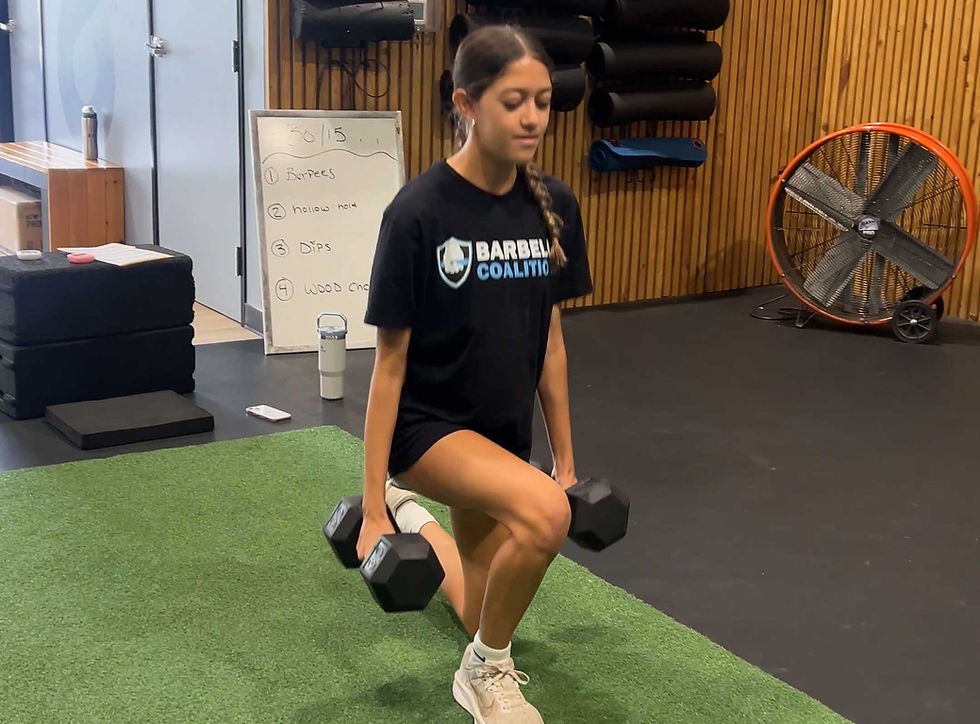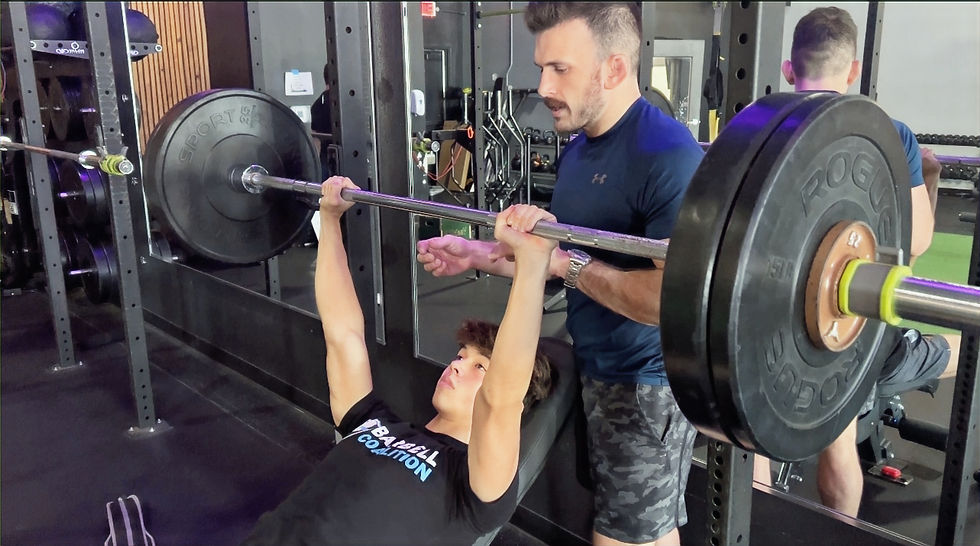College Recruitment: What Athletes & Parents Need to Know - Cedar Park Athlete Training
- Ben Lustig
- Aug 25, 2025
- 2 min read

For many parents, the dream of seeing their child play at the next level is exciting—but the reality of college recruiting can be overwhelming.
Too often, families wait until junior or senior year to start thinking about it, and by then, valuable opportunities may have already slipped by.
The truth is this: college recruiting doesn’t start in 11th grade—it starts the moment your child enters high school.
Here at Barbell Coalition in Cedar Park, we specialize in training Cedar Park athletes to be elite performers and standouts.
Here are a few things every parent should know when it comes to college recruitment for their athlete:
Academics Matter Just as Much as Athletics
Coaches are not just looking for athletes—they’re looking for student-athletes. If your child doesn’t meet academic requirements, athletic talent won’t matter.
Encourage strong study habits from day one. GPA and test scores can determine scholarship opportunities just as much as performance on the field.

Highlight Reels Start with Freshman Games
By the time your athlete is a junior, coaches want to see consistent growth. That means having video from freshman and sophomore years can set your child apart.
Even if the games don’t feel “big,” film them. Keep organized folders of highlights each season—you’ll thank yourself later.
Strength & Conditioning is a Game-Changer
Colleges don’t just want athletes who can play—they want athletes who are durable, strong, and able to handle the demands of higher-level training.
Athletes who start structured strength and conditioning in high school often look more “college-ready” than those who wait.
Invest in a proper training program outside of just playing the sport. Skill is important, but strength, resilience, and conditioning are what keep athletes performing and injury-free.

Character and Coachability Count
Recruiters often ask high school coaches about an athlete’s attitude, work ethic, and how they respond to setbacks.
A talented athlete who’s difficult to coach won’t move up the list.
Teach your athlete to handle adversity with maturity, respect coaches, and be a great teammate. Those qualities stand out more than parents realize.

Start Building Relationships Early
Recruiting is about visibility and relationships. Freshman year is not too early to start attending camps, clinics, or showcases.
Coaches remember names, faces, and work ethic—even if they can’t officially recruit until later.
Research programs your child might be interested in and look for opportunities to get them in front of those coaching staffs in appropriate, age-appropriate ways.
Cedar Park Parents: Our Training Will Make Your Child a Better Athlete - Guaranteed
Ready to bring your athlete to the next level?




Comments